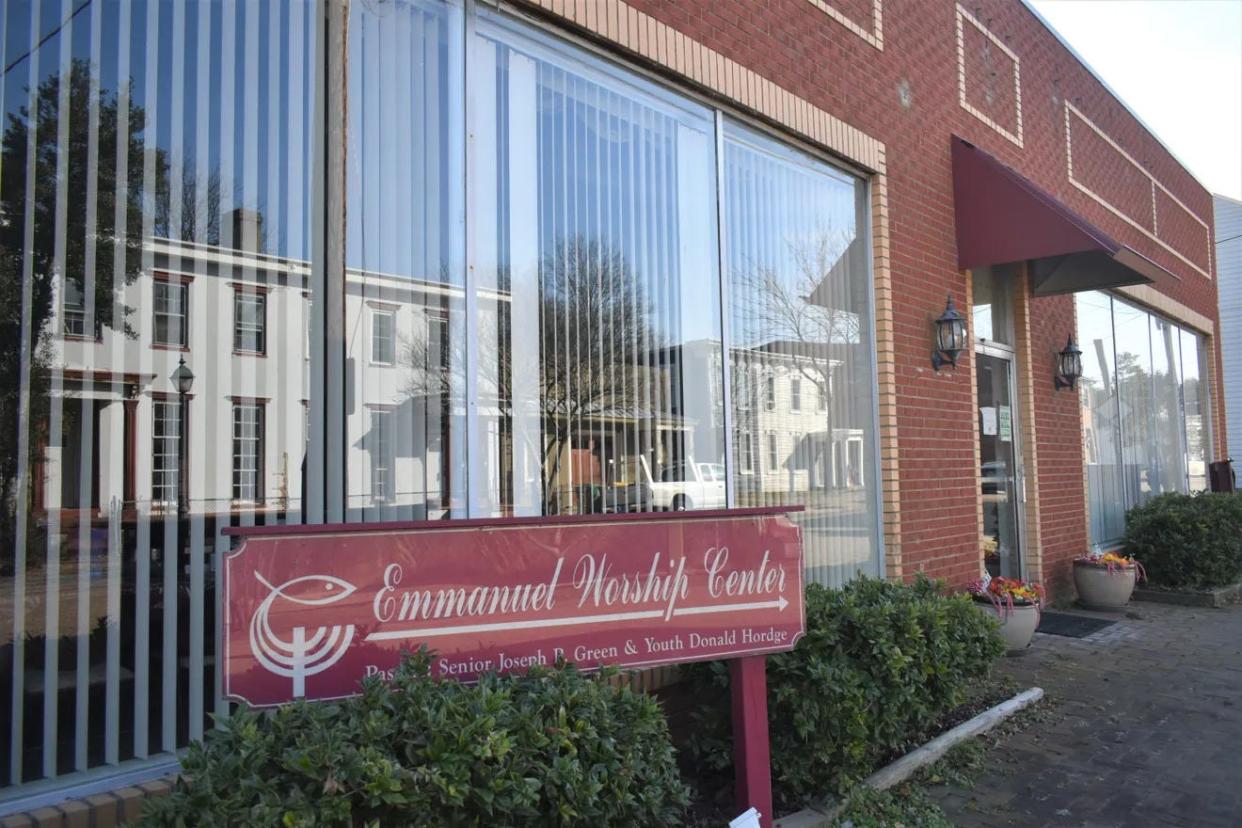Petersburg church cannot declare property tax-exempt if it rents to a commercial tenant: Court of Appeals

RICHMOND – Property owned by a Petersburg church is not exempt from real-estate taxes, but the house of worship will not have to pay additional attorneys’ fees for having the issue reheard as the state Supreme Court ordered.
That summarizes a ruling released Tuesday by the Virginia Court of Appeals in the ongoing saga between the city and Emmanuel Worship Center over the tax status of church-owned property. A three-judge panel of the appellate court said that since EWC had rented a portion of the property to a commercial tenant, that erases the traditional tax exemption on buildings owned by houses of worship.
But because EWC had previously paid back the owed taxes plus attorneys’ fee from the original case run, it did not have to pay the city’s tab for the second run-through.
The property in question is located at 214 Grove St, next to the church. EWC bought the building in 2004 and in doing so, inherited an auto window tinting company tenant. The church agreed to let Wooden Leg Van Shop remain on the site and charged it rent.
The rest of the property has never been used for religious services.
Petersburg sued EWC in 2019 over four years' worth of back taxes and wanted the court to order the building sold to cover both the amount of taxes owed plus interest and attorneys’ fees. The church paid the city $114,000 to stave off the sale, but six months later, it appealed the sale claiming the religious exemption.
At that time, Petersburg Circuit Court sided with the city, and EWC appealed. The appeal made it all the way to the state Supreme Court, who sent the case back to Petersburg in 2022 so EWC could prove the exemption.
In that rehearing, the Circuit Court ruled that because the building had a commercial tenant occupying a portion, it did not fall under the religious tax exemption. However, the court also ruled that EWC was not responsible for the last round of attorneys’ fee generated by the Supreme Court’s remand.
On Tuesday, the Court of Appeals announced that the ruling was correct. It cited the ruling on a Richmond case that Virginia’s statute as written does not cover fees if the Supreme Court sends a case back. EWC already paid the attorneys’ fee on the first round of litigation; therefore, it was not required to pick up the check for a round it did not instigate.
“We appreciate the City’s argument that denying attorney fees for successfully defending litigation like this makes it more difficult and expensive for localities to collect delinquent taxes. No doubt, that is true,” the opinion read. “But this Court must determine 'legislative intent by what the statute says and not by what we think it should have said.’ The statutory text here simply fails to support the City’s argument for fee-shifting.”
Bill Atkinson (he/him/his) is an award-winning journalist who covers breaking news, government and politics. Reach him at batkinson@progress-index.com or on X (formerly known as Twitter) at @BAtkinson_PI.
This article originally appeared on The Progress-Index: Va. court says church-owned property rented out is not tax-exempt

